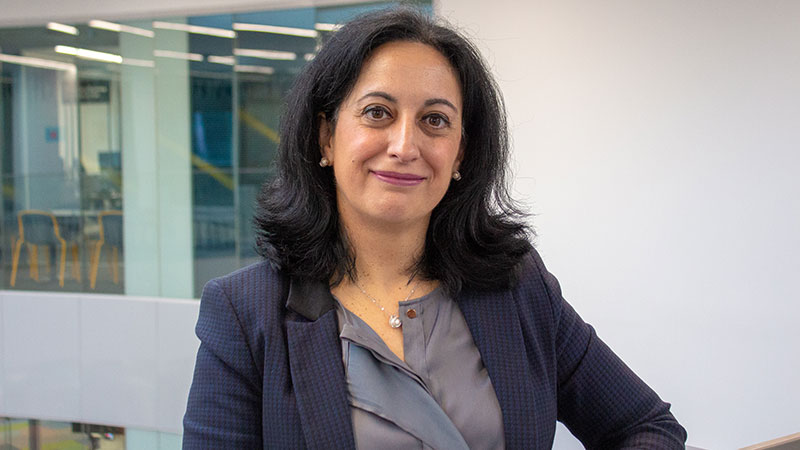Published:

A Heriot-Watt professor is to share her knowledge in decarbonisation to help achieve the UN Secretary-General's goal of net zero emissions by 2050.
Professor Mercedes Maroto-Valer, Deputy Principal (Global Sustainability) and Director of the Research Centre for Carbon Solutions (RCCS) at Heriot-Wat University, has been appointed to the Council of Engineers for the Energy Transition (CEET), under the auspices of the UN Secretary-General.
To achieve net zero emissions by 2050, it is critical that we identify engineering pathways to achieve comprehensive decarbonisation in order to establish a resilient society in both economic and environmental sustainability terms.
Consisting of leading engineers and energy system experts from around the world, the CEET is a high-level, independent advisory council tasked with finding engineering pathways to net zero through expert scientific analysis and guidance.
Commenting on her appointment, Professor Maroto-Valer, who is also leading the UK's Industrial Decarbonisation Research and Innovation Centre (IDRIC), said: “I am honoured and really excited about this opportunity to spearheading the technology diplomacy required for our global energy transition.
“I look forward to bringing my experience in the net zero transition and working with innovators, business, industry, government and policy makers to accelerate the delivery of net zero and making significant contributions on roadmaps to decarbonisation and achieving the UN's Sustainable Development Goals.”
Launched in September 2021, the CEET operates as an impartial council of recognised experts, serving in their personal capacity and responding to requests for information by the UN System.
It has a number of core activities including recommending guidelines to support countries in energy transition, publishing technical briefs on zero-carbon technologies, and providing expert analysis.
Professor Maroto-Valer, adds: “To achieve net zero emissions by 2050, it is critical that we identify engineering pathways to achieve comprehensive decarbonisation in order to establish a resilient society in both economic and environmental sustainability terms. Through my role in CEET, I will work closely with world experts to identify and effectively triage engineering pathways, while ensuring a global and just transition.”
More information on the CEET is available on the UN's website.